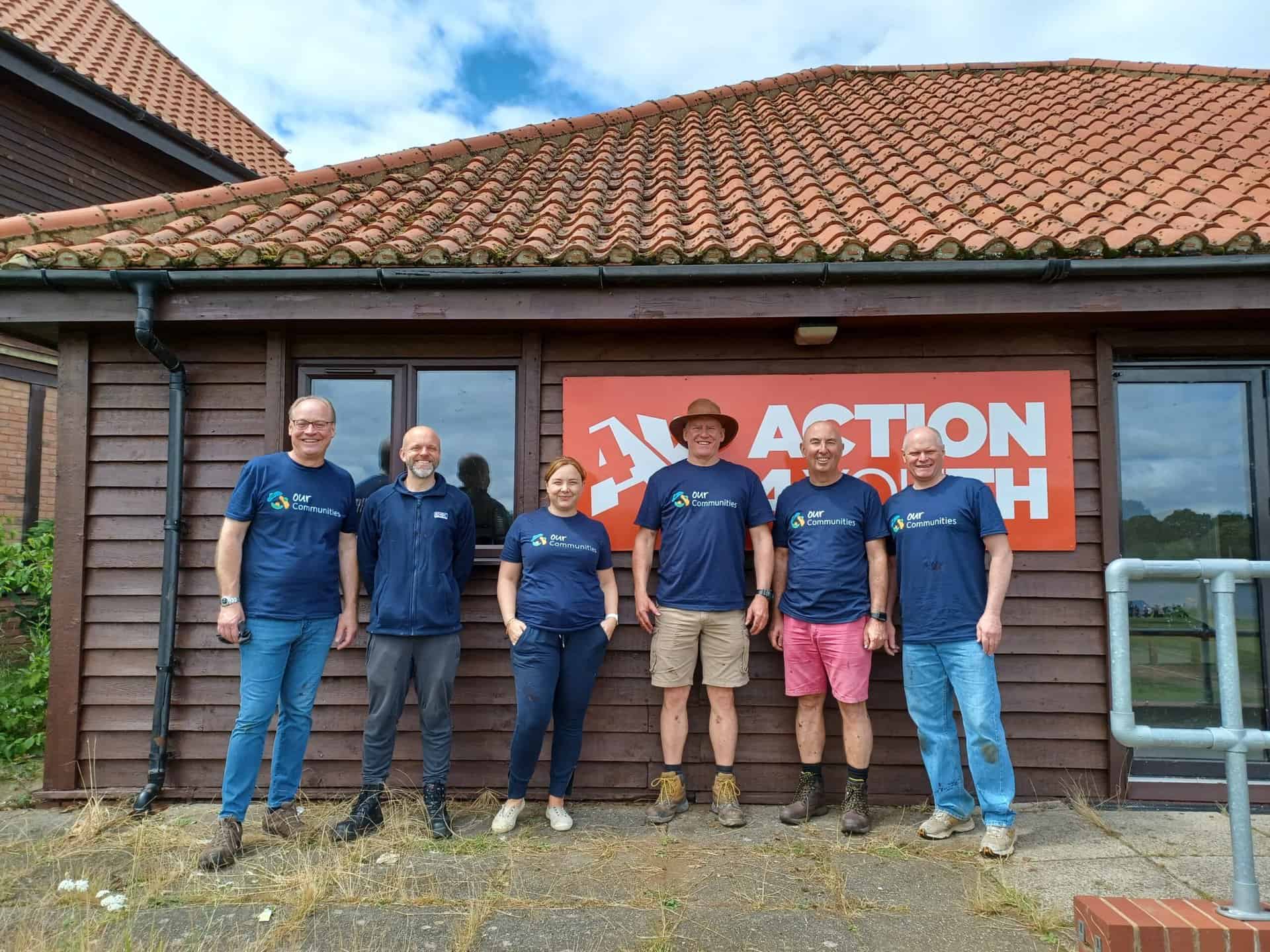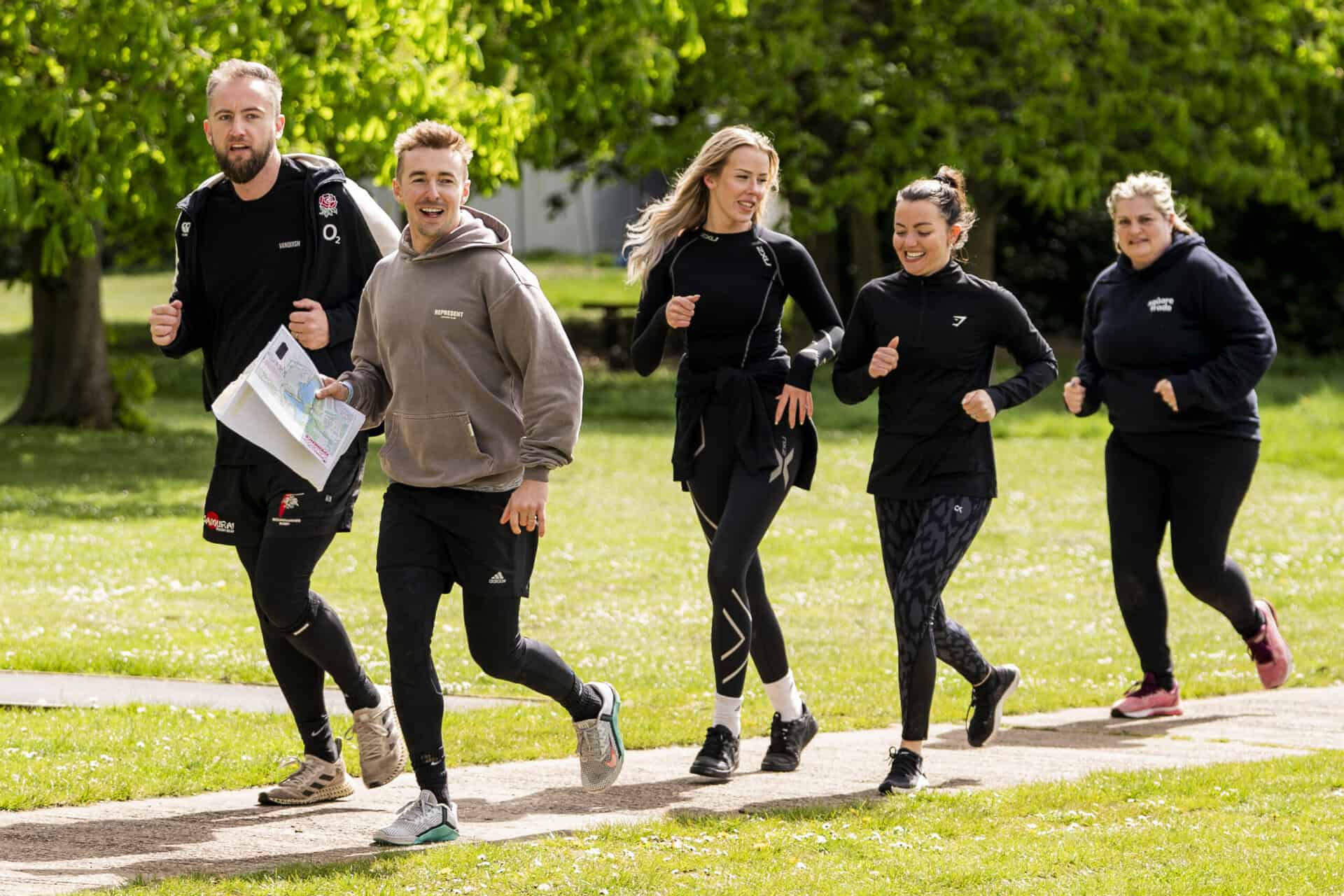Top Training Tips from Sarah Fountain
A message to our Action4Youth Runners – Sarah Fountain, Personal Trainer and Group Fitness Instructor shares her experience and top tips for long-distance running.
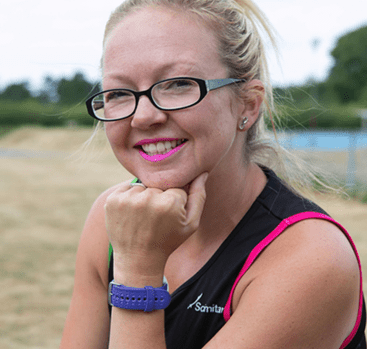
“Hi, I’m Sarah, a 42-year-old, full-time, self-employed, single mum. I didn’t start running until I was in my 30’s. I started from scratch and it didn’t come naturally at first. I started with 5k, then was soon onto 10k, then half marathons, then the full marathon and I’ve even run 100k! There’s something quite special about being able to keep your body energised and motivated to run long distances.
Fuel the engine right, it is doable for ANYONE!
You should be proud of yourself for committing to this. Combating this distance is an amazing thing to do. You totally rock! Here is my low down on how to get yourself to that finish line……
A Training Plan is a Must
Print it off, display it at home, be accountable. There are plenty of options on the internet to choose from. Don’t underestimate the leg and core strength you need to get stronger for running.
For me, each week consisted of two strength workouts with kettlebells and three runs. Run one was short and hilly, 20-30 minutes; run two was longer and flatter with good pace, 45-60 minutes; run three became longer each week – the ‘engine run’. The ‘engine run’ was all about keeping the body moving, learning what to eat, what not to eat, when to drink and fuelling the body correctly to finish the planned mileage or time. Some runs felt good, some were more challenging with every step an effort. This is normal.
Mental Health Training Can Benefit Your Mindset
Choose a route or a workout which is long and not stimulating. Learn what your mind is telling you throughout and think about how you can overcome this. Methods such as counting; looking for markers on your route – trees, cars, listening to a podcast or your favourite music (safely) can all help. Don’t rely on music to keep you going though! You may not be able to hear it with crowds cheering at you. Work on that head, it’s going to fire all sorts of thoughts at you, positive and negative.
Tackling Injuries
During your training you want to keep injury free. Stretching/flexibility sessions are essential. If you can afford it regular sports massages can be a huge benefit too helping prevent any areas of tightness which can lead to injury down the road. Don’t ignore the niggles.
The Right Gear
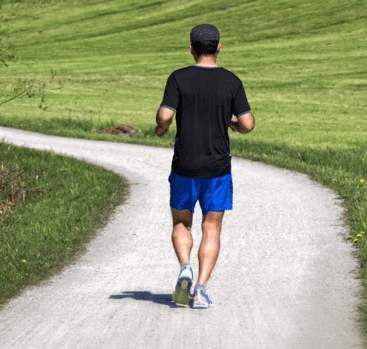
Well fitted trainers, decent socks and clothing to keep you warm/cool and allow your skin to breathe can make all the difference. Clothing should fit you well. It is worth spending a little more on quality garments that will see you through. After all they are going to get a lot of use!
There are sports stores locally that offer FREE gait analysis. It is very common to go up half a size of trainers. If you do not wear correctly fitted trainers, you are at risk of your feet swelling during your trianing causing tightness, blisters, loss of toenails and overwhelmed foot muscles. These side effects will impact on your ability to run. You can prevent this! Top tip – get a pedi GEL polish to help keep those nails strong!
Chaffing
Chaffing under sports bras, nipples, between the legs, and arms are all common. To prevent this, you can apply Vaseline to those areas or use some Therapeutic Kinesiology Tape, which may well become your best friend. Take this tape with you on your marathon day even if you think you don’t need it.
Hydration
Drink 1-2 litres of water per day. Sip water throughout your training and increase intake on a training day. Don’t wait to be thirsty, that means you are already dehydrated. I found it helpful to set an alarm for every 45-60 minutes to remind me to drink.
Weather will impact your hydration status, if it is hot, you need more. If it’s cold, you may not want to drink but you still need to. You may consider alternating your drink with water and electrolytes to replace the salts you will lose through sweat.
Sleep
Sleep is when your muscles recover between workouts. Protein snacks an hour before bed will help this process and can help you sleep. Greek yoghurt and berries are my favourite. Sufficient sleep is also important in having the energy to exercise.
Caffeine and Energy Gels
Studies have shown that caffeine can benefit you when exercising. The recommended dose varies by body weight, but it’s typically about 200–400 mg, taken 30–60 minutes before a workout. If you do not currently drink caffeine, try it before marathon day. Caffeine can impact your bowel movements!
Similar advice for energy gels – be sure to try these out well ahead of your big day. Personally, I did not use any energy gels or caffeine until I was half way.
Nutrition
All bodies are different. The more weight you carry, the more fuel you need. It is likely your heart rate will be high during the marathon; therefore, your body needs quick energy. This energy will come from carbohydrates. They need to be easy to digest whilst moving. For example, fruits, vegetables, beans, pulses, grains (oats and cereal grains). Our bodies store around 90 minutes’ worth of stored energy, after this time, you must replace them if you want to keep going. Trial and error are your approaches during your training.
When you are running, your body is busy fuelling muscles with blood and oxygen so the brain can neglect your stomach. It is possible you will not feel hungry or thirsty. Help your body and remind your brain you need fuel too!
After training you need proteins; this will aid your recovery and repair muscles.
Healthy fats are needed to absorb all the vitamins and minerals you are consuming. You need these through your whole training plan to keep that immune system strong. A full list of fuel courses can be found here.
Post-Marathon Blues
It doesn’t happen to everyone, but after the marathon, you can feel a little down and deflated. Why? Because you have just achieved something incredible! You have been buzzing, raised money and should be proud of yourself. Combat the blues – ask yourself what is your goal post-marathon? Can you treat yourself? Celebrate with friends and family? Book that next event!
Now go write your plan, get organised and get ready to have the time of your life!”
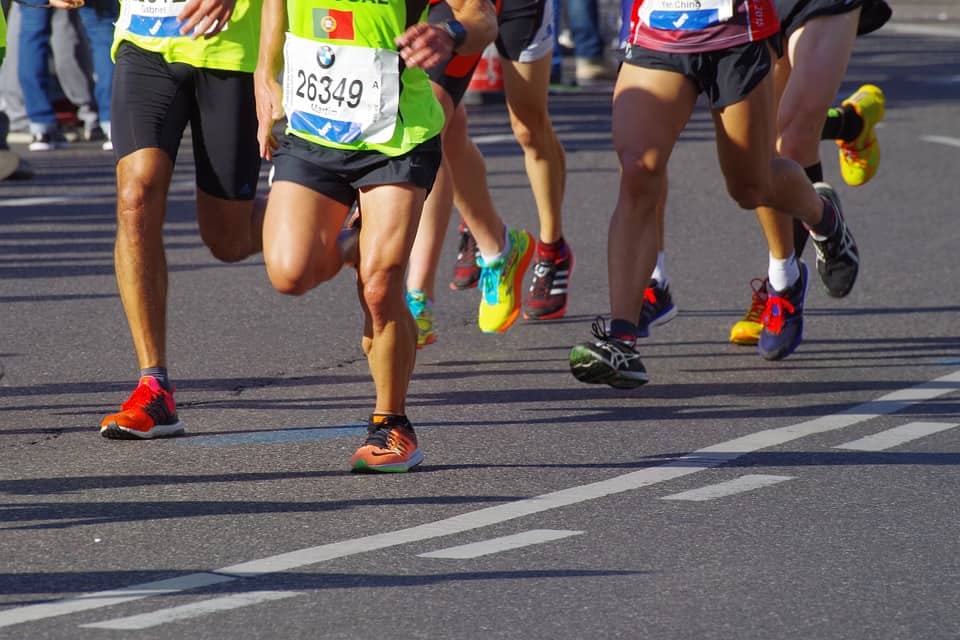
Connect with Sarah on Instagram @smurfit4 or at www.smur-fit.co.uk
You’re amazing and helping transform young people’s lives, thank you!
Please help us make this page more visible by sharing it through your own social networks.
